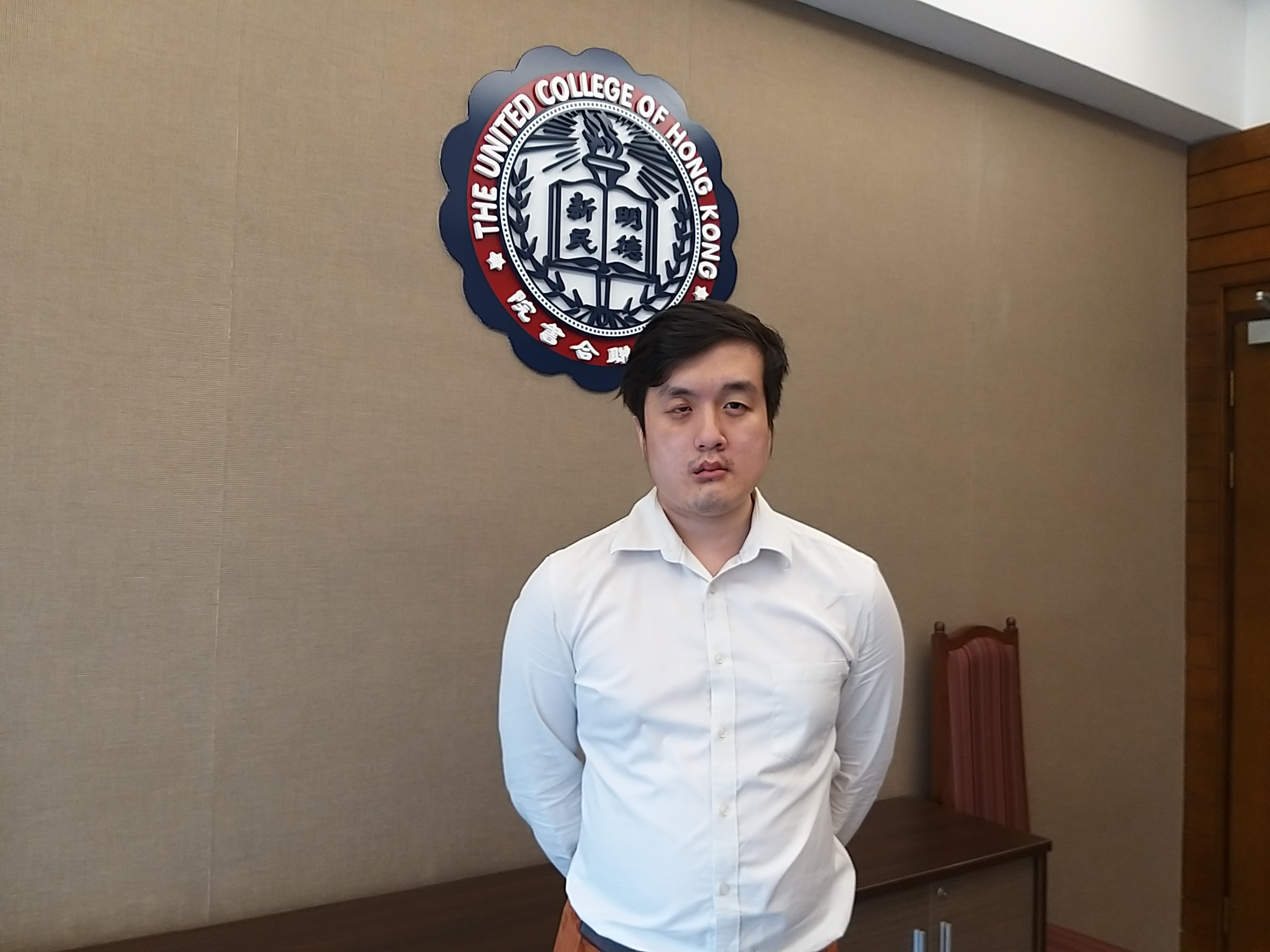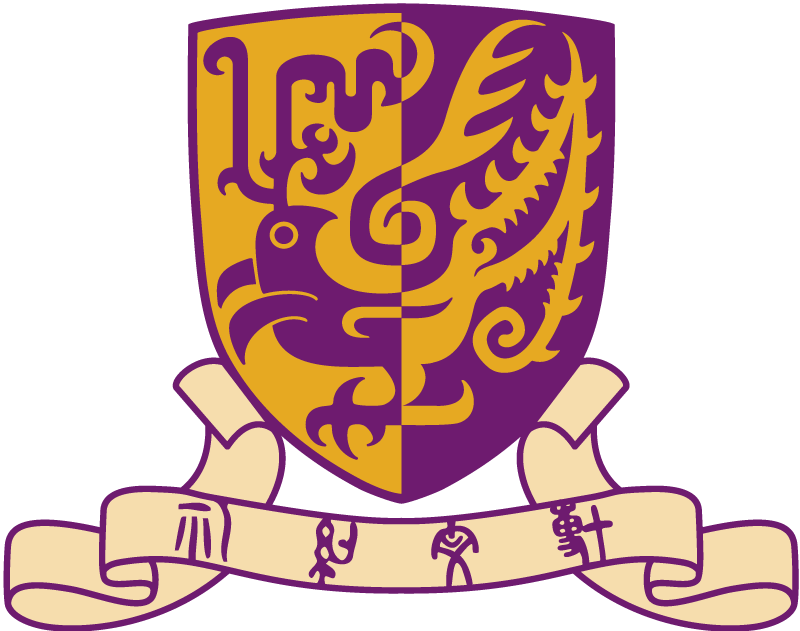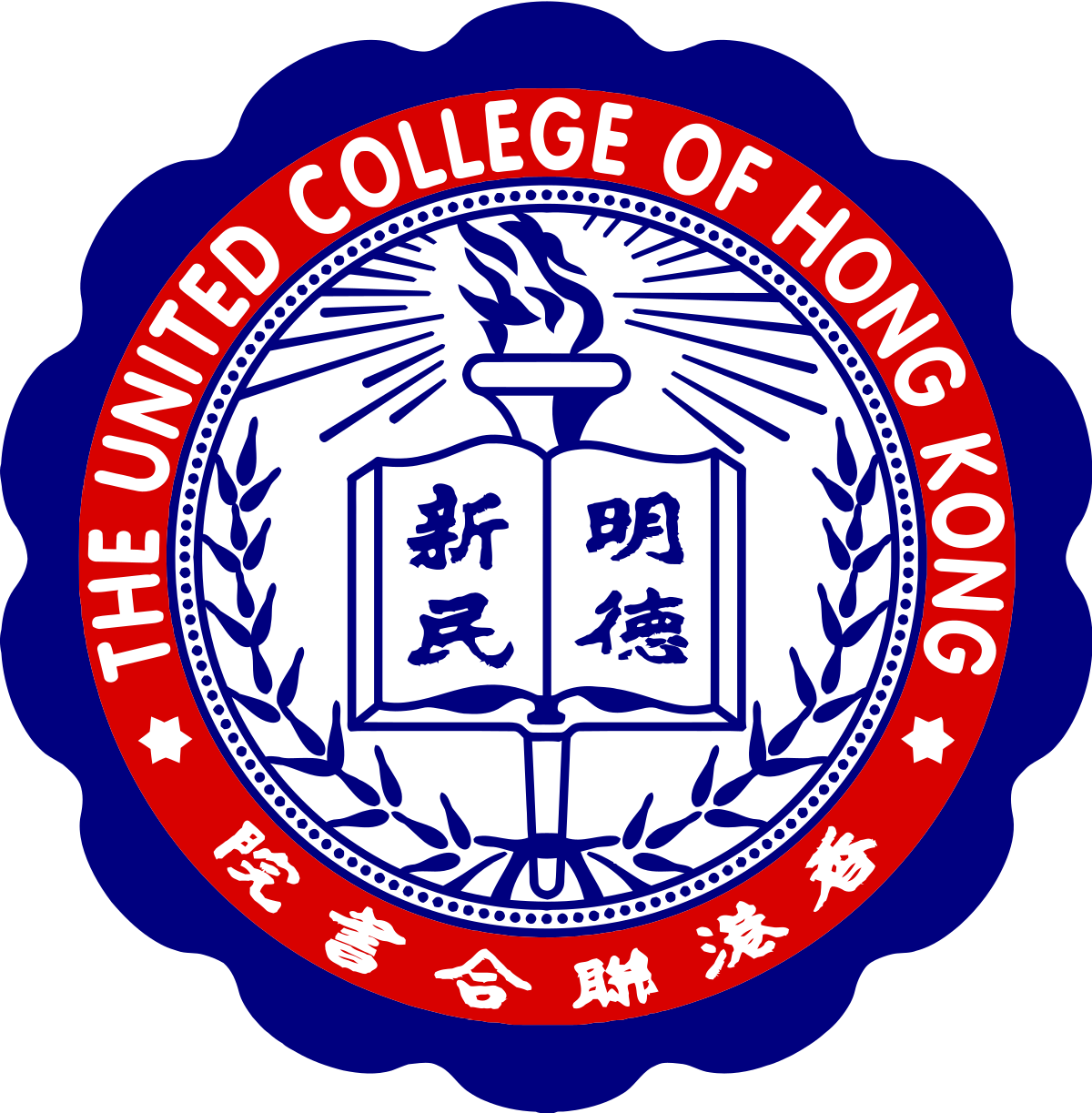中大傑出學生談校內外生活之道

校園記者 伍銘熙(新傳三年級)
廿一世紀,人人都說要包容、平等,但要達至共融社會又談何容易?要徹底解決歧視、定型等問題更是難上加難。縱使任重道遠,仍有不少有心人在盡力協助有需要的人,學生自發組織《同行鳥 Companion HK》的創辦人陳偉文同學Michael就是其中之一。身為殘疾人士,他很明白弱勢的需要,認為關懷的同時,也需聆聽他們的想法。在中大主修政治與行政學系的Michael沒有被身體的缺陷阻礙,積極地擁抱挑戰,努力回饋社會。
積極生活的學問
「所謂聽天由命是堅定的絕望。」這是Michael Facebook status的一句語錄,來自名作家Henry David Thoreau。為何以此作座右銘?Michael稱他堅信做事必須目標清晰,並且要加以實踐:「『等運到』到頭來只會得個『諗』字。」少時不幸患病,導致他患上弱視與弱聽,以及有些語言障礙,但身體上的小缺憾卻更使他意識到積極與主動的重要性。Michael坦言,即使近年香港的歧視文化已逐漸改善,但始終有一些對殘疾人士根深蒂固的想法和定型是難以抹去的。他認為要得到他人認同,自己必須加倍努力:「與普通人競爭我要做得比他們好,而不是乞求他人的同情,這也驅使我不斷逼自己參加更多的活動和比賽,不斷去嘗試、test and error,才能分析當中的利弊。」在中大就讀第三年,Michael指在生活與學習方面都沒有遇到大問題,更令他慶幸的是,與中大人相處並沒有太多困難,中大人都很包容,明白他的需要。但Michael也提醒在幫助殘疾人士時不要「做多咗」,否則反而會令他們感到不舒服:「夏天時做了個手術,之後行動不便,但自己走路沒有問題,有人特地過來扶我,其實並不需要。」
與情緒病患者同行
身在此時代、此香港,有壓力在所難免,Michael指他留意到以往中大學生的自殺率都較高,考試季節期間,在各社交平台如CU secret也經常見到有人埋怨壓力大。這些都令他明白到中大人、甚至香港人的精神健康是很需要關注的,於是就在年初與同學自發籌辦了組織《同行鳥 Companion HK》,主力關注港人情緒問題,及後更延伸至殘疾人士議題。「可能看得電視多,很多人對重症情緒病患者都有刻板印象,覺得他們很危險,其實他們都有正面的地方值得學習。」Michael強調重症患者非常缺乏關注,因此組織給予了他們發聲的平台,通過一些影片和訪問,將患者的故事推廣出去,令更多人明白他們的需要。也會籌備一些互動式的活動,例如「真人圖書館」等,希望拉近與患者的距離。Michael相信主動性很重要,也努力地活出這種信念,他自薦申請成為中大傑出學生,及後更獲得提名,順利獲選。被問到自己有甚麼地方比人優勝,他認為可能是因自己在課外活動的涉獵比人多:「可能很多人都會參加很多活動,但我卻是自己籌辦了一個組織,或許是一個與眾不同的地方。」直至現在,Michael都會抓緊每個增值自己的機會,例如參與創業比賽,到港交所實習等等。
夢想與學業
「我希望成為政治公關。」主修政治與行政學,副修新聞與傳播學,兩者都與Michael的理想職業有密切關係。他坦言自中學已計劃讀政政,想法一直都沒有改變。被問到讀政政最深刻的經歷,Michael笑稱難忘高級講師蔡子強先生一個有關政治公關的課程,過程中他接觸了選舉廣告,也學習到如何撰寫一些文稿,例如敗選宣言等等。「要分析台灣選舉事前與事後的選舉工程,總共寫了二萬多字。」縱使不容易,但Michael對政治的熱愛卻令他樂此不疲。而談及修讀新傳的回憶,他就表示研究NGO公關策略最為有趣:「策劃一個活動如何吸引人參與?有何改善空間?」Michael指這些都是他在學業上較難忘的經歷。
學長計劃的傳承
談到Michael多姿多彩的校園生活,他表示不應困在某個學科,應要認識更多人,因此在二年級時就參加了聯合書院的學長計劃。「學長會介紹其他導師與學員給我,令我增加了對其他行業的認識,拓寬視野。」Michael之後更有演講的機會,分享自己對職業導向的想法,他形容為一個非常好的嘗試:「我本身也不是一個sociable的人,這次演講給了我一個向人分享自己想法的機會。」Michael更笑言,若日後有機會必定會做學長計劃的導師,希望可以令學員獲益,將信念傳承下去。




